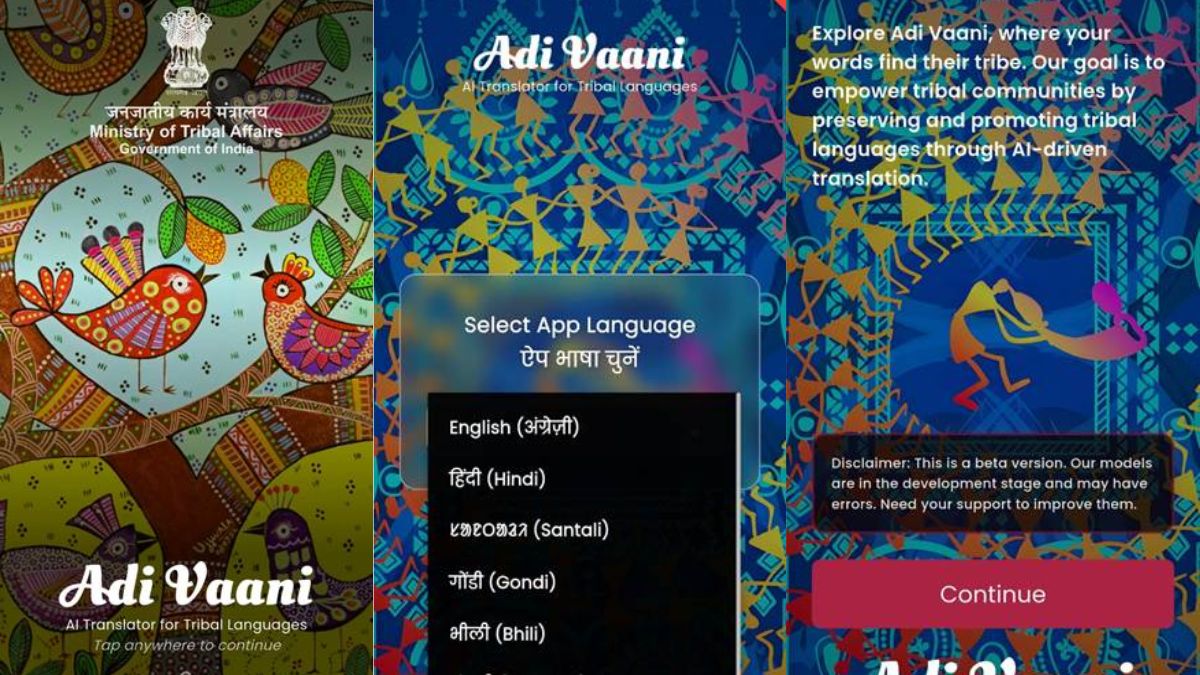Researchers at the University of Cordoba have developed a fuzzy logic-based model that categorizes online education students into four distinct groups, enabling educators to provide tailored support based on individual circumstances.
Online education has revolutionized access to knowledge by overcoming limitations of time and space. The flexibility and accessibility of online learning have expanded the reach of education. However, the vast number of online students and the lack of in-person interaction pose challenges for educators in monitoring and adapting their teaching to suit each student’s needs.
Artificial Intelligence tools can assist educators in predicting students’ performance and adapting their teaching strategies to meet diverse learning situations.
To enhance online education, a team at the University of Córdoba, composed of researchers Juan Carlos Gámez, Aurora Esteban, Francisco Javier Rodríguez, and Amelia Zafra, has devised an algorithm that predicts student performance across four distinct classifications.
Unlike previous models that merely predicted “pass” or “fail” outcomes or whether students would “continue” or “drop out,” this algorithm, founded on ordinal classification and fuzzy logic, maintains the order relationships between the categories: drop out, failure, passing, and distinction. A
s Amelia Zafra, a researcher in the UCO’s Department of Computer Science and Numerical Analysis, explained, “this algorithm allows us to predict students’ performance while preserving the order relationships between the categories.”
This approach not only enhances predictive accuracy but also equips educators with the ability to customize their teaching strategies based on students’ classifications.
Two key advantages of this innovation are the use of ordinal classification with a cost matrix to weigh the importance of ordinal classes in learning and a more specific ranking.
Additionally, the adapted fuzzy logic, as elucidated by UCO Department of Electronic and Computer Engineering researcher Juan Carlos Gámez, provides flexibility by working with a range of values rather than specific ones. It adapts to the problem in a way that mirrors everyday human reasoning.
The model relies on data generated by the online education platform. Factors considered for predicting performance include completion of specific tasks and questionnaires, student grades, and their interaction with various resources available on the platform.
- Press release







